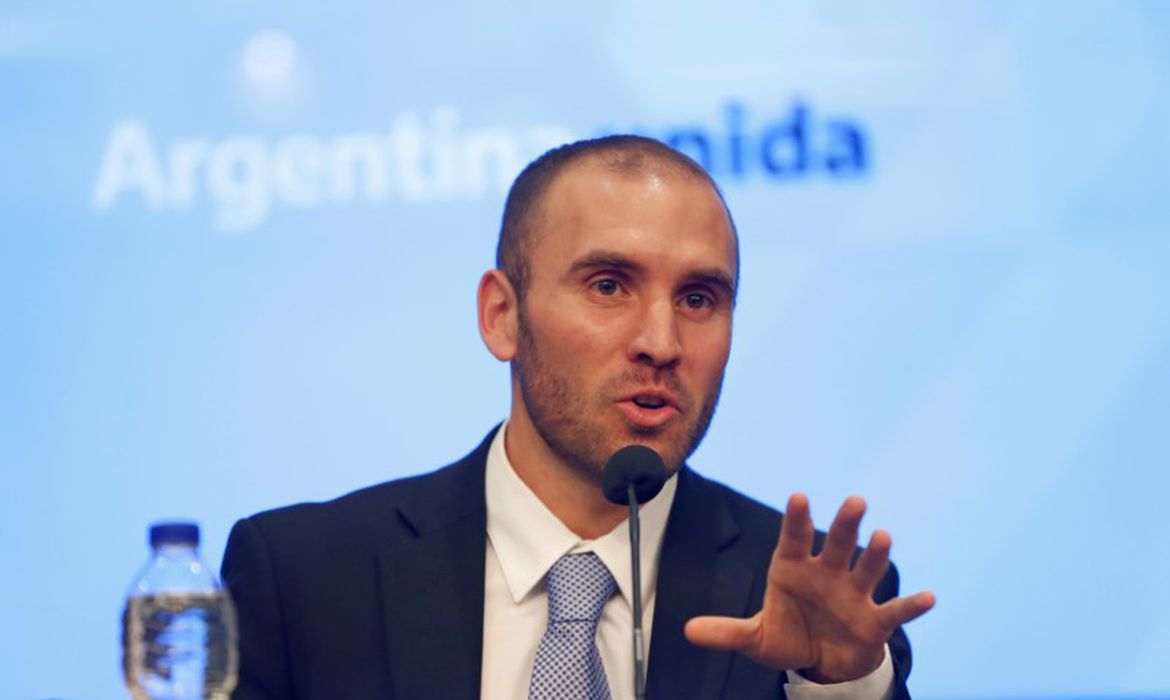RIO DE JANEIRO, BRAZIL – The Argentine Minister of Economy, Martín Guzmán, considers that the endorsement by the G20 in Venice of the global taxation mechanism for multinationals is a “historic” step to “put an end to the most toxic aspect of globalization: tax avoidance” by large corporations.
“It is a fundamental principle to deal with one of the great evils of globalization: avoidance by multinational corporations has generated greater inequality in the world, has undermined the possibility of States to make public policies for the generation of work, education, equitably generate opportunities,” said the minister in an interview with Efe in Venice.

Guzman has traveled to the Italian city to participate in the meeting of the heads of Finance and governors of the central banks of the G20, along with the managing director of the International Monetary Fund (IMF), Kristalina Georgieva, the president of the European Central Bank (ECB), Christine Lagarde, or the US Treasury Secretary, Janet Yellen, among others.
The G20 in Venice endorsed the system already agreed by some 130 countries on July 1 within the framework of the OECD, which will prevent multinationals from diverting their profits to tax havens and avoiding paying taxes.
This scheme has two pillars, the way to allocate a percentage of company profits to certain jurisdictions so that they pay taxes where they operate even if they have no physical presence; and the application of a minimum corporate tax rate of at least 15% to companies with a turnover of at least some US$890 million.
Argentina is one of the states calling for a higher minimum rate of at least 21%.
“Of course, 21% would be better than 15%, and 25% would be better than 21%. The United States has proposed 21%, but the consensus that has been reached is at least 15% and that, of course, is better than nothing,” said Guzman.
SDRs WORTH 650 BILLION DOLLARS
The G20 ministers and bankers also supported the agreement in the International Monetary Fund (IMF) board for the extraordinary issuance of special drawing rights (SDRs) worth 650 billion dollars, the largest allocation of the institution in its history and that will serve to strengthen its reserves for the recovery after the pandemic crisis.
SDRs are an international reserve asset created in 1969 by the IMF to supplement member countries’ official reserves and provide them with liquidity.
Countries can hold them as extraordinary assets in their reserves or exchange them for hard currencies to meet their balance of payments needs.
Access to SDRs is a right of all IMF members. Still, Minister Guzman has called on numerous occasions for richer countries that do not need them to reallocate them to the vulnerable and middle-income countries and not only to the poorest.
“Sixty-five percent of the world’s poor reside in middle-income countries. In fact, this concept of low or middle income has hurt the world when assessing the wisdom of certain global policies. We need to talk more about low or medium development levels, we need to look at much more than just the question of countries’ average income per inhabitant when defining what to do with a liquidity policy for the world,” he said.
Guzmán said that the G20 talked about helping vulnerable countries. This is already a step forward because “there are middle-income countries that are also in a situation of vulnerability,” and giving them financial support would reduce the “asymmetries between advanced and developing countries”.
OVERCHARGES ON OUTSTANDING CREDITS
Another of the Argentine minister’s demands is the need to review the policy of interest surcharges imposed by the IMF for outstanding loans, which “basically penalize the countries in the most adverse situations”, a proposal that the G20 has taken into account in its final communiqué.
At the same time, Guzmán held a meeting with the managing director of the IMF in the negotiations with that organization to refinance debts for some 45 billion dollars, according to his government.
The Argentine minister pointed out that the talks with the organization are continuing to renegotiate the payment of a loan which “does not generate any increase in the country’s productive capacity” and which has caused Argentina to suffer “a serious economic crisis” which his government is trying to solve.
Source: efe

